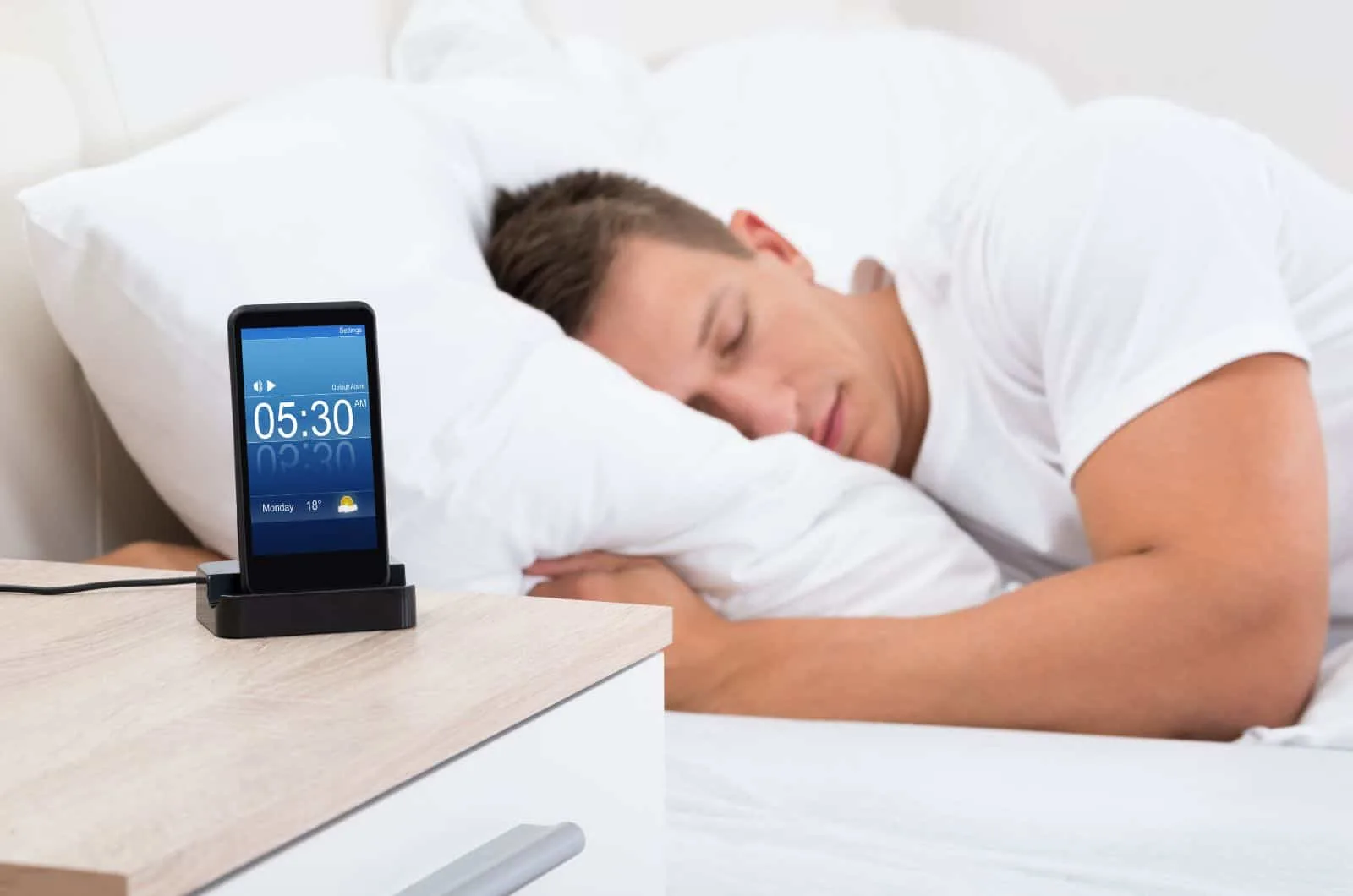Introduction
Sleep plays a vital role in our overall well-being, and experiencing sleep-related issues can have a significant impact on our quality of life. In recent years, CBD (cannabidiol) has gained attention as a potential remedy for sleep problems. In this comprehensive guide, we will explore the relationship between CBD and sleep, the potential benefits of using CBD for sleep, how CBD affects the sleep cycle, and various factors to consider when incorporating CBD into your sleep routine. By the end of this guide, you will have a better understanding of CBD’s potential as a sleep aid and whether it might work for you.
Understanding CBD
- What is CBD? CBD is a natural compound derived from the cannabis plant. Unlike THC (tetrahydrocannabinol), CBD does not have psychoactive effects and is generally considered safe for use.
- How does CBD work? CBD interacts with our body’s endocannabinoid system, which plays a role in regulating various physiological functions, including sleep. CBD is believed to have potential anti-anxiety, analgesic, and anti-inflammatory properties that may contribute to its sleep-enhancing effects.
The Potential Benefits of CBD for Sleep
- Promoting relaxation: CBD has been reported to have a calming effect, which can help relax the mind and body before sleep. By reducing anxiety and stress, CBD may facilitate a more restful night’s sleep.
- Alleviating pain and discomfort: CBD’s anti-inflammatory properties may help alleviate pain and discomfort that can interfere with sleep. It may be particularly beneficial for individuals with chronic pain conditions.
- Managing sleep disorders: CBD has shown promise in managing certain sleep disorders, such as insomnia and sleep apnea. It may help regulate sleep-wake cycles and improve the overall quality of sleep.
CBD and the Sleep Cycle
- REM and NREM sleep: The sleep cycle consists of rapid eye movement (REM) sleep and non-rapid eye movement (NREM) sleep. CBD may influence the duration and quality of both REM and NREM sleep stages, promoting a balanced sleep cycle.
- Sleep latency and sleep duration: CBD may help reduce the time it takes to fall asleep (sleep latency) and increase the overall duration of sleep. By improving sleep efficiency, CBD may contribute to feeling more refreshed upon waking.
Factors to Consider When Using CBD for Sleep
- Dosage: CBD dosage can vary depending on individual factors, such as body weight, metabolism, and the desired effects. Start with a low dosage and gradually increase until you find the optimal dose for your sleep needs.
- Product selection: Choose high-quality CBD products from reputable brands. Consider factors such as CBD concentration, extraction method, and third-party lab testing to ensure safety and effectiveness.
- Timing of CBD intake: CBD can take varying amounts of time to take effect, so it’s important to consider the timing of its intake. Some individuals find that taking CBD about an hour before bedtime yields the best results.
- Interactions with medications: If you are taking any medications, it’s essential to consult with your healthcare provider before incorporating CBD into your sleep routine. CBD can interact with certain medications, and professional guidance can help ensure safety.
- Individual response: CBD affects individuals differently. It’s important to monitor your response to CBD and adjust dosage or timing as needed. Keeping a sleep journal can help track your progress and evaluate the effectiveness of CBD for sleep.
Other Sleep-Enhancing Practices
- Sleep hygiene: Alongside using CBD, practicing good sleep hygiene is essential for quality sleep. Establish a consistent sleep schedule, create a sleep-friendly environment, and develop a relaxing pre-sleep routine.
- Stress management: Incorporate stress-reducing activities into your daily routine, such as meditation, deep breathing exercises, or gentle yoga. Combining CBD with stress management techniques can optimize its sleep-enhancing effects.
- Healthy lifestyle habits: Maintain a balanced diet, engage in regular exercise, and limit caffeine and electronic device usage close to bedtime. These factors can contribute to overall better sleep and complement the effects of CBD.
Conclusion
CBD shows promise as a natural sleep aid, offering potential benefits in promoting relaxation, alleviating pain, and managing sleep disorders. While research on CBD and sleep is still ongoing, many individuals have reported positive results. When using CBD for sleep, consider factors such as dosage, product selection, timing of intake, and potential interactions with medications. Remember that CBD is not a cure-all, and individual responses may vary. It’s always advisable to consult with a healthcare professional before incorporating CBD into your sleep routine. By combining CBD with healthy sleep practices and stress management techniques, you can maximize its potential sleep-enhancing effects and work towards achieving restful, rejuvenating sleep.
- Thorough Analysis The Top CBD Oils Examined By CBD Rethink - April 22, 2024
- CBD and Sleep: Why It Might Work For You - June 22, 2023




